Seventy-seven percent of organizations believe wearables can increase employee productivity
The rise of the Bring Your Own Wearables movement
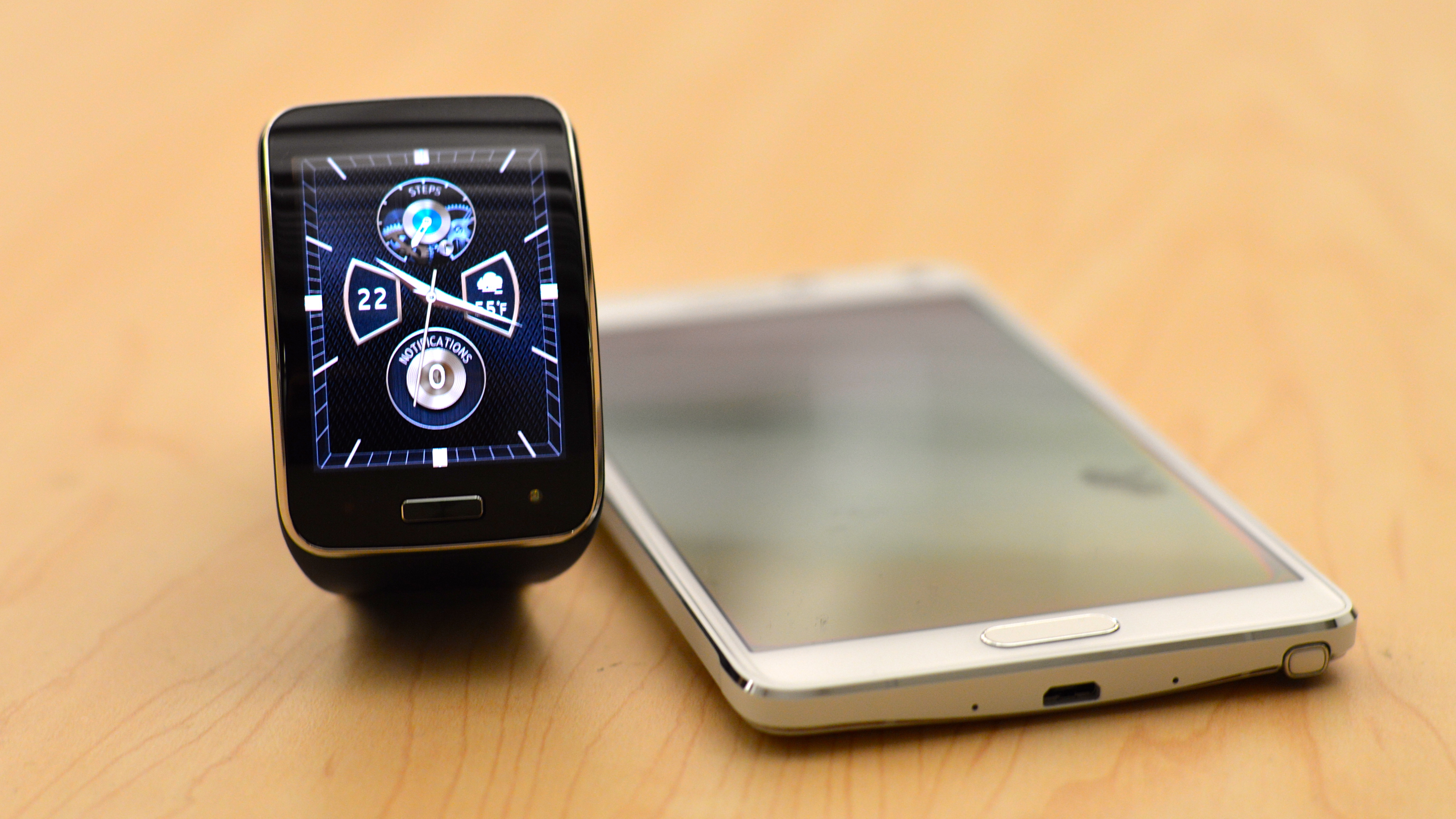
Sign up for breaking news, reviews, opinion, top tech deals, and more.
You are now subscribed
Your newsletter sign-up was successful
While there may be immediate benefits to wearables with hands-free notifications and health monitoring, Samsung says that the consumer-targeted hardware could also deliver benefits to businesses that adopt them. Like the BYOD movement that resulted in enterprises sanctioning consumer phones and tablets for work use, 70% of the participants in a PwC survey expect their employers to permit the use of wearables at work.
In the same survey, 77% of respondents believe that wearables can boost efficiency and productivity at work. An overwhelming majority of respondents believe that wearables complement their existing smartphones, rather than replace them.
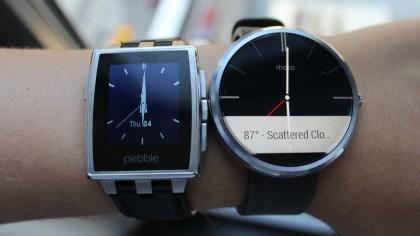
With augmented reality devices like Samsung's Gear VR and wrist-worn smartwatches like the Gear S, Samsung says that businesses could benefit from an off-the-shelf solution.
An $18 billion market
The wearable market has more than tripled what it was in 2013. IDC estimates that over 19 million wearables were shipped in 2014, and this number is expected to soar to 111.9 million units by 2018.
Over half of the 2,000 technology decision makers surveyed by Forrester Research said they intend on supporting wearables in the next 12 months, with a third saying this is a critical or high priority task. Forrester believes that the market will mature in 2017, and we'll see more enterprise apps that will make wearables commonplace in enterprises by 2020.
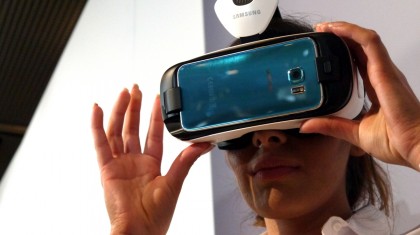
Samsung hopes to integrate wearables with its IoT strategy. The company intends to make 90% of its products IoT-compatible by 2017, allowing wearables to have access and control to products like home appliances, lighting and office equipment.
The growth in wearable adoption is expected to create an $18 billion industry by 2019 according to a report from ABI.
Sign up for breaking news, reviews, opinion, top tech deals, and more.
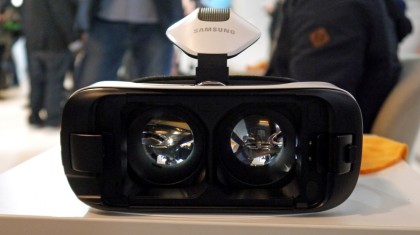
Research from Accenture Technology Labs states that wearables can increase productivity by delivering real-time data, hands-free collaboration and data sharing, and visual feedback for more informed decision-making.
Wearables at work
"There is a wide range of use cases for wearables [sic] technology in the workplace, from the simple ability to 'hands-free connect' with email, calendars or contacts when a smartphone or laptop isn't readily accessible to more purpose-built productivity applications for training, collaboration and real-time notifications," Samsung and IDG wrote in a joint research paper.
Samsung is working with SAP to extend the SAP Mobility Platform to Samsung's mobile and wearable devices. Samsung says that this could help improve real-time decision-making.
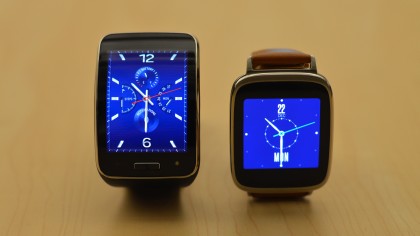
The companies are exploring mobile banking and health management solutions.
"Samsung may integrate a security layer if it develops an enterprise-focused wearable, much like it has in its Galaxy smartphones and tablets with the Knox platform," PC World reported of a comment made by Samsung VP of Mobile Marketing Eric McCarty at a recent New York city event.
A challenge with introducing consumer wearables into the enterprise space is that enterprises may require more rugged devices.
Wearables in vertical industries
Wearables can deliver a lot of value in patient care in the healthcare industry. When worn by a patient, hospitals can push out notifications, appointment reminders and checkups. Doctors and caretakers can also receive information from the sensors embedded in a wearable device worn by a patient.
Los Angeles-based hospital Cedar Sinai Medical Center is testing a similar medical wearable strategy using the rival Apple Watch.
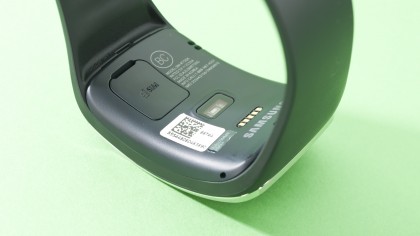
In logistics, Samsung says that employees could use "wearables to unlock secured doors to allow access for deliveries, interact with automated storage/retrieval systems and adjust temperature and airflow in a smart storage environment." This could be a useful feature as it could eliminate locks that are accessible by PIN codes or key cards.
With retail and hospitality, Samsung says that wearables allow kitchen staff to connect to smart refrigerators to see inventory and ingredients available at a glance. Digital signage and promotional displays could also be controlled with a wearable device, and sales employees can leverage wearables to request and check inventory.
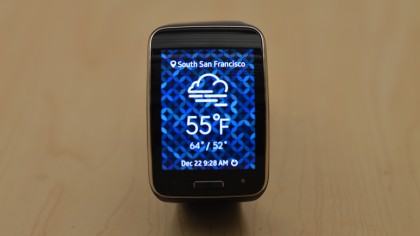
In education, the value of wearables is more apparent with augmented reality glasses where students can take virtual field trips or see 3D models. The Gear VR could deliver an immersive learning experience where students could study architecture, anatomy, or visualize the bond between atoms in chemistry.